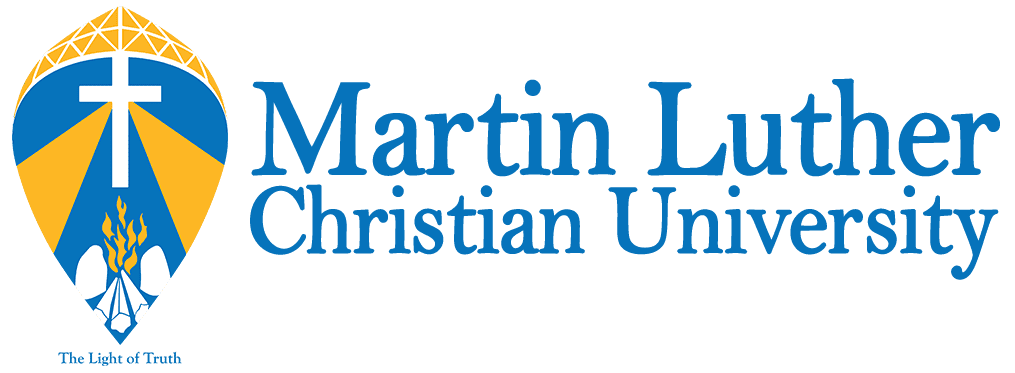Lifespan development is the field of study that examines patterns of growth, change, and stability in behaviour that occur throughout an individual’s lifespan. Lifespan development focuses on human development and views development as a continuous, lifelong process. Lifespan development uses a scientific approach to understanding human growth and change throughout life and encompasses physical, cognitive, social, and personality development. Culture and ethnicity also play an important role in development, that is, both culture in the broad sense and aspects of culture, such as race, ethnicity, and socio-economic status. The period of young adulthood is characterised by:
- Potential for high performance, more than at any other stage of life. It also highlights the role and importance of cultural learning as an example of lifelong development.
- Physical development of puberty that is completed during this phase. Health and fitness are often a concern, including attention to proper nutrition, junk foods, and overweight.
- Experimentation with and usage of drugs and drinking are often a feature of new-found independence. Efforts to enhance mental and psychological well- being are important to reduce inherent stresses of this phase of life.
- The expansion of the networks of friendships as new social relationships is made away from home. These friendships sometimes become more important than family in the maintenance of sound mental health. Shared altruism and idealism may lead to group volunteerism, strengthening social integration.
- Moral reasoning and ethical codes that reach the highest stage of development between 20-22 years of age.
- Ethnicity, identity and growing awareness of one’s cultural roots that result in a healthy balance of cultural self-confidence, respect for diversity, and a complete sense of self.
- Heterosexual relationships. In MLCU, a study has shown that more than half of students are in a relationship. There are prejudices or openness about issues such as pornography, premarital sex, abortion, rape, and alternative sexual orientations, depending on upbringing and the influences of religion, peers, and media. Concerns arise about contraception, sexually-transmitted diseases, and sexual harassment.
- Career decision-making including the need to select disciplines of study and specialisations. Cultural, social and gender beliefs influence the choice of careers, as does peer influences. Goals in life need to be formulated so that study choices are aligned accordingly.
The Foundation Course will provide awareness and engagement with all these issues that young adults face and will provide academic, social, and psychological support during this important phase of life and university education.
